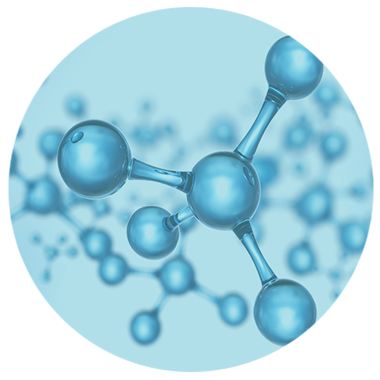Technological products portfolio

CATIRON
Iron catalyst for the formation of complex carbon-carbon bonds
 USE CASES
USE CASES
The Suzuki-Miyaura coupling is the most widely used coupling for the formation of carbon-carbon bonds in organic synthesis, from academic research to industry. The catalyst for this reaction is a complex of palladium, a toxic, expensive metal with a critical supply and coupling limited to the C(sp²)-C(sp²) bond.
The CatIRON catalyst performs Suzuki-Miyaura coupling with an iron complex and extends it to more difficult carbon-carbon bonds, allowing easier access to complex molecules.
 ADVANTAGES
ADVANTAGES
The advantages of this catalyst are threefold:
– It is based on a complex of iron a non-toxic, inexpensive and abundant metal
– It allows the formation of complex carbon-carbon bonds difficult to access until now: C(sp²)-C(sp3) and C(sp3)-C(sp3) bonds
– The yields obtained are of course good to very good depending on the functional groups tested. What’s more, the reaction operating conditions are not restrictive for industry: the solvent, base, catalyst concentration and reaction temperature are compatible with industrial use.
 APPLICATIONS
APPLICATIONS
The industries that would use this catalyst would be those in specialty chemistry:
– the pharmaceutical industry, CDMOs and generics manufacturers for the synthesis of active pharmaceutical ingredients whatever the added value of the molecule
– agrochemistry for the manufacture of active molecules
– cosmetics, which is interested in increasingly complex molecules
